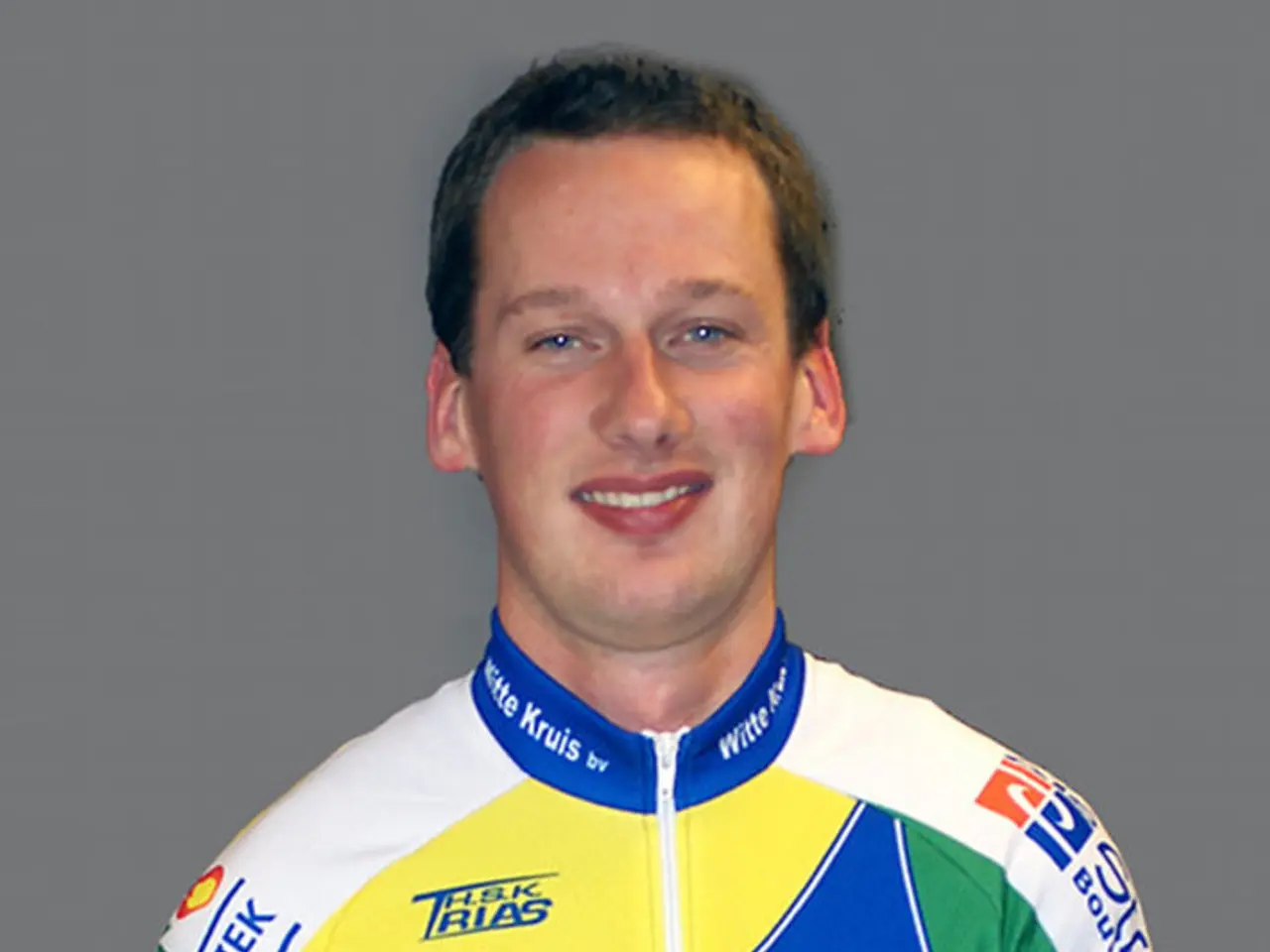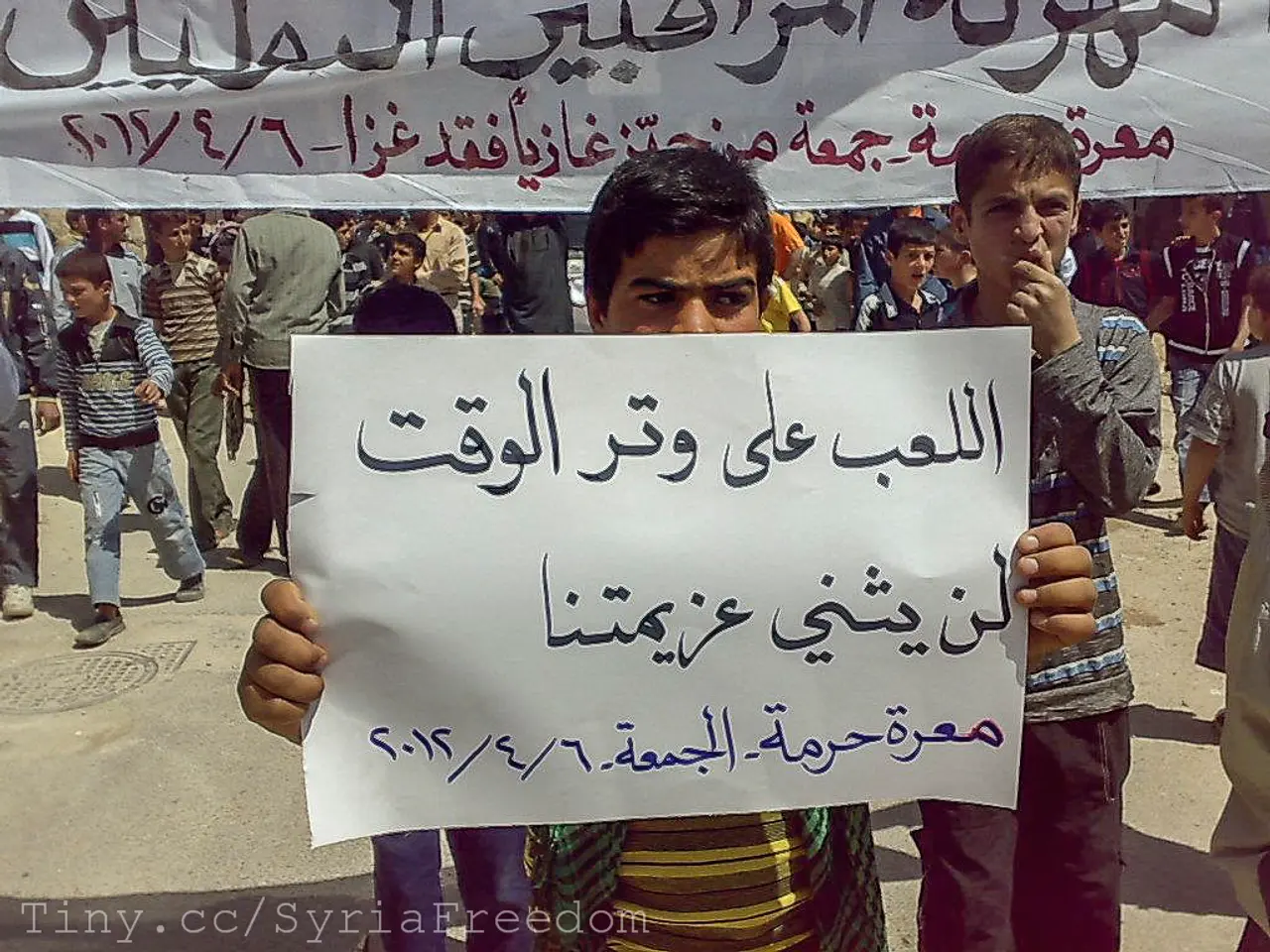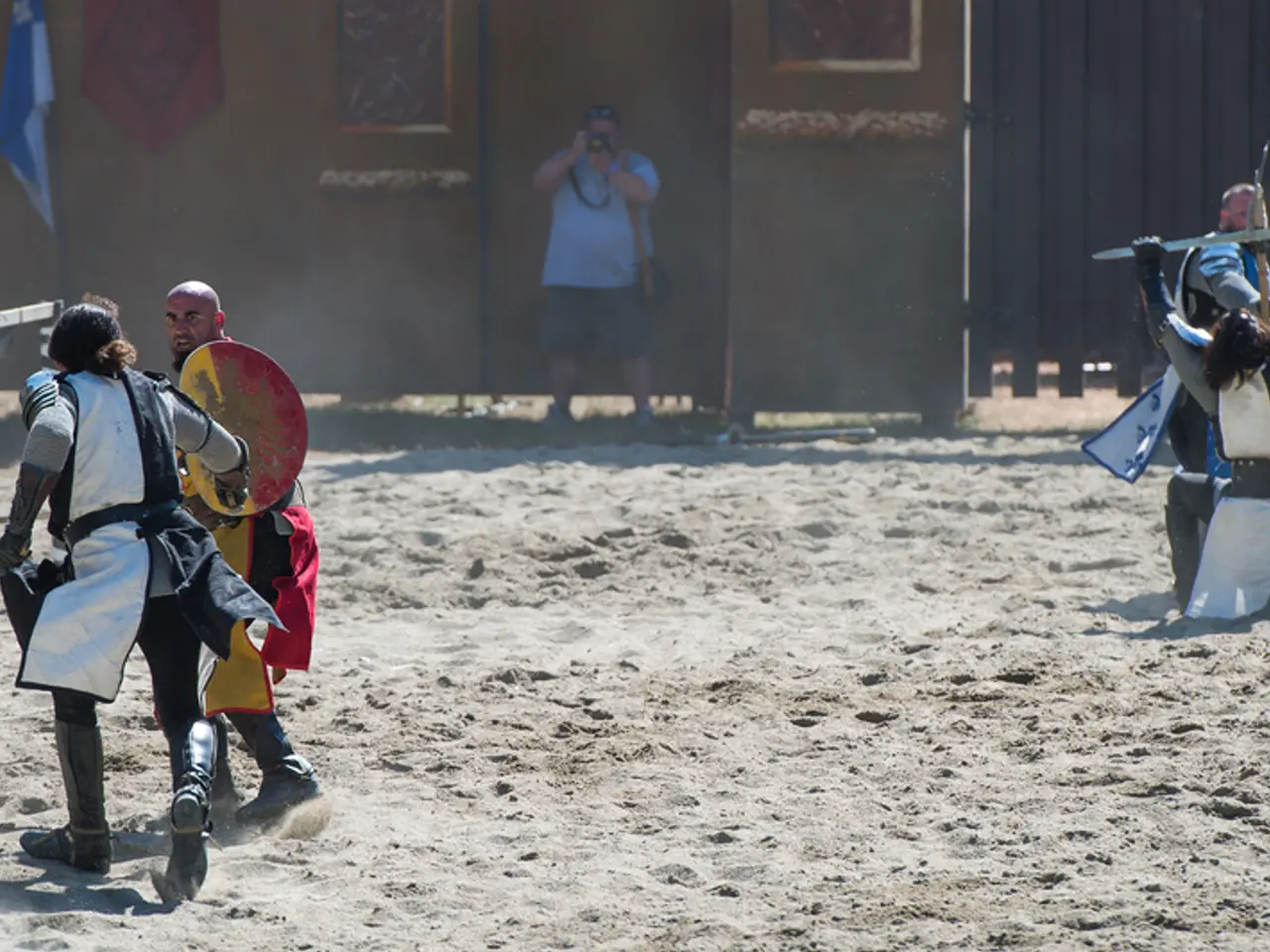Yakut kickboxers abstaining from European Championship participation
In a surprising turn of events, the Republic of Moldova has announced that Russian and Belarusian athletes will not be allowed to participate in the upcoming European Kickboxing Championship, scheduled to start in two days.
The decision comes after the World Kickboxing Federation (WKF) signed a strategic cooperation agreement with the Russian Kickboxing Federation in March 2025, which allowed Russian athletes to compete internationally under their national flag and anthem. This move, disregarding the broader international sanctions and sport bans placed on Russia due to geopolitical tensions and conflicts, particularly related to Russia's actions in Ukraine, has directly impacted the participation of Russian athletes in international competitions.
The Moldovan Ministry of Education and Research condemned the event, stating that the involvement of Russian and Belarusian athletes competing under their national symbols violated international sports sanctions and Moldova's own legal and democratic frameworks. The ministry also highlighted concerns about the WKF's ties with sanctioned Russian entities and controversial figures involved in the event's organization.
Security concerns were also raised, as Moldova's Information and Security Service found that some Russian participants had ties to Russian security forces, former military personnel, and even lived in occupied territories such as Donbass and Crimea. Due to these security risks, Moldova blocked entry to numerous athletes and delegates from Russia and Belarus, citing national security threats as the main reason for the championship's cancellation.
The WKF notified the Russian Kickboxing Federation of the impossibility of the athletes' participation in the upcoming European Championship, a decision that has been met with disappointment by the head coach of the Yakutia team, Andrei Alekseyev, and his athletes, Mikhail Slepov, Mikhail Ivanov, and Valentin Shelepanov. These athletes had earned their spots in the 'low-kick' category after performing well at the Russian Cup in Omsk.
Andrei Alekseyev believes that politics should not interfere with sports and that the ban only harms the entire international sporting movement. He fears that the residents of Chisinau might have their eyes opened to the truth about Russia and Belarus upon seeing the athletes, a concern shared by some Moldovan officials who believe that the participation of Russian and Belarusian athletes in the championship could threaten the sovereignty of the state.
This case illustrates that the WKF's cooperation with the Russian federation undermines the ability of Russian athletes to participate in international competitions without facing sanctions or bans from host countries and international authorities. The political and security implications of such cooperation have led to event cancellations and restricted access for Russian athletes, reflecting how international sanctions influence sports governance and participation on the ground.
The decision by the World Kickboxing Federation (WKF) to cooperate with the Russian Kickboxing Federation has allowed Russian athletes, such as Mikhail Slepov, Mikhail Ivanov, and Valentin Shelepanov, to compete internationally in events like the European Kickboxing Championship. However, due to political and security implications, Moldova has blocked their participation in the upcoming competition, citing national security threats and concerns about their ties to Russian security forces.






